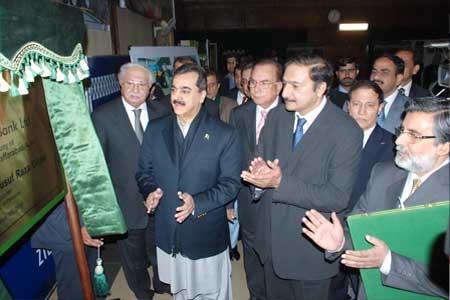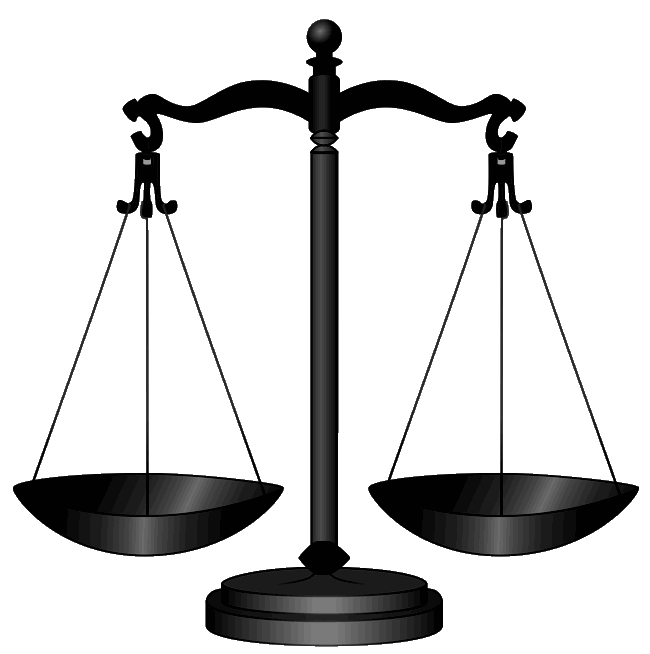|
Nabeel Gabol
Nabil Gabol ( ur, نبیل گبول) is a Pakistani politician who was a member of the National Assembly of Pakistan from 2002 to 2015 and a member of the Provincial Assembly of Sindh from 1988 to 1990 and again from 1993 to 1996. He served as Minister of State for Ports and Shipping from 2008 to 2011 and as Deputy Speaker of the Sindh Assembly from 1993 to 1996. Additionally, he’s the incumbent Chief Sardar (Nawab) of the Gabol, baloch tribe. Political career Nabil Gabol is the scion of the oldest political family of Karachi which has remained active since the 1920s. His grandfather, Allah Buksh Gabol was the first Deputy Speaker of the Sindh Assembly and twice elected Mayor of Karachi. His uncle Abdul Sattar Gabol was twice MNA and a former Federal Minister in the 1970s. He was elected to the Provincial Assembly of Sindh as a candidate of Pakistan Peoples Party (PPP) from Constituency PS-85 (Karachi South-I) in Pakistani general election, 1988. He received 29,247 votes a ... [...More Info...] [...Related Items...] OR: [Wikipedia] [Google] [Baidu] |
Yousaf Raza Gillani
Yusuf Raza Gilani (Urdu: ; born 9 June 1952), is a Pakistani politician who served as 18th Prime Minister of Pakistan from 25 March 2008, until his retroactive disqualification and ouster by the Supreme Court of Pakistan on 26 April 2012. He currently serves as the vice-chairman of the central executive committee of the Pakistan Peoples Party. and in 2021 was elected as a Senator. On 26 March 2021, he was appointed as Leader of Opposition in the Senate of Pakistan. Gillani is also a consultant to Cheshire East Council in England. After the 1988 general elections, he secured his ministerial appointment in the Ministry of Tourism in the government of former prime minister Benazir Bhutto, and since then, he had been a senior member of parliament for the Multan District. After his party secured the plurality in the 1993 general elections, Gillani was elevated as the 15th Speaker of the National Assembly by the Prime Minister Benazir Bhutto, a post he held until 16 Februa ... [...More Info...] [...Related Items...] OR: [Wikipedia] [Google] [Baidu] |
Muttahida Majlis-e-Amal
The Muttahida Majlis–e–Amal (MMA; Urdu: , "United Council of Action") is a political alliance consisting of conservative, Islamist, religious, and far-right parties of Pakistan. Naeem Siddiqui (the founder of Tehreek e Islami) proposed such an alliance of all the religious parties back in the 1990s. Qazi Hussain Ahmad endeavored for it and due to his efforts, it was formed in 2002 in a direct opposition to the policies led by President Pervez Musharraf to support for the War in Afghanistan. The alliance more densely consolidated its position during the nationwide general elections held in 2002. The JUI(F) led by its leader, the cleric Fazl-ur-Rahman, retained the most of the political momentum in the alliance, still some portion of the leadership comes from the JI. The MMA retained the provisional government of Khyber–Pakhtunkhwa and remained in alliance with PMLQ in Balochistan. Much public criticism and disapproval nonetheless grew against the alliance. Despite i ... [...More Info...] [...Related Items...] OR: [Wikipedia] [Google] [Baidu] |
People From Lyari Town
A person ( : people) is a being that has certain capacities or attributes such as reason, morality, consciousness or self-consciousness, and being a part of a culturally established form of social relations such as kinship, ownership of property, or legal responsibility. The defining features of personhood and, consequently, what makes a person count as a person, differ widely among cultures and contexts. In addition to the question of personhood, of what makes a being count as a person to begin with, there are further questions about personal identity and self: both about what makes any particular person that particular person instead of another, and about what makes a person at one time the same person as they were or will be at another time despite any intervening changes. The plural form "people" is often used to refer to an entire nation or ethnic group (as in "a people"), and this was the original meaning of the word; it subsequently acquired its use as a plural form of ... [...More Info...] [...Related Items...] OR: [Wikipedia] [Google] [Baidu] |
Government Of Yousaf Raza Gillani
A government is the system or group of people governing an organized community, generally a state. In the case of its broad associative definition, government normally consists of legislature, executive, and judiciary. Government is a means by which organizational policies are enforced, as well as a mechanism for determining policy. In many countries, the government has a kind of constitution, a statement of its governing principles and philosophy. While all types of organizations have governance, the term ''government'' is often used more specifically to refer to the approximately 200 independent national governments and subsidiary organizations. The major types of political systems in the modern era are democracies, monarchies, and authoritarian and totalitarian regimes. Historically prevalent forms of government include monarchy, aristocracy, timocracy, oligarchy, democracy, theocracy, and tyranny. These forms are not always mutually exclusive, and mixed govern ... [...More Info...] [...Related Items...] OR: [Wikipedia] [Google] [Baidu] |
Baloch Politicians
Baloch, also spelled Baloch, Beluch and in other ways, may refer to: * Baloch people, an ethnic group of Pakistan, Iran and Afghanistan * Baluch, a small itinerant community of Afghanistan * Balouch, Azad Kashmir, a town in Pakistan * Baloch (surname), including a list of people with the name See also * Balloch (other) * Baloch F.C. (other) * Balochi (other) * Balochistan (other) * Baluchi (other) Baluchi may refer to: Common meanings * Balochi language, a language of Iran, Pakistan and Afghanistan * an adjective for something related to the Baloch people or to Balochistan Balochistan ( ; bal, بلۏچستان; also romanised as Baluc ... * Bloch {{disambiguation, geo Language and nationality disambiguation pages ... [...More Info...] [...Related Items...] OR: [Wikipedia] [Google] [Baidu] |
Living People
Related categories * :Year of birth missing (living people) / :Year of birth unknown * :Date of birth missing (living people) / :Date of birth unknown * :Place of birth missing (living people) / :Place of birth unknown * :Year of death missing / :Year of death unknown * :Date of death missing / :Date of death unknown * :Place of death missing / :Place of death unknown * :Missing middle or first names See also * :Dead people * :Template:L, which generates this category or death years, and birth year and sort keys. : {{DEFAULTSORT:Living people 21st-century people People by status ... [...More Info...] [...Related Items...] OR: [Wikipedia] [Google] [Baidu] |
Pakistan Tehreek-e-Insaf
The Pakistan Tehreek-e-Insaf (PTI; ur, , ) is a political party in Pakistan. It was founded in 1996 by Pakistani cricketer-turned-politician Imran Khan, who served as the country's prime minister from 2018 to 2022. The PTI is one of the three major Pakistani political parties alongside the Pakistan Muslim League–Nawaz (PML–N) and the Pakistan People's Party (PPP), and it is the largest party in terms of representation in the National Assembly of Pakistan since the 2018 general election. With over 10 million members in Pakistan and abroad, it claims to be the country's largest political party by primary membership as well as one of the largest political parties in the world. Despite Khan's popular persona in Pakistan, the PTI had limited initial success: it failed to win, as a collective, a single seat in the 1997 general election and the 2002 general election; only Khan himself was able to win a seat. Throughout the 2000s, the PTI remained in opposition to the presi ... [...More Info...] [...Related Items...] OR: [Wikipedia] [Google] [Baidu] |
Pakistani General Election, 2013
General elections were held in Pakistan on Saturday 11 May 2013 to elect the members of the 14th National Assembly and the four Provincial Assemblies. The three major parties were the Pakistan Muslim League (N) (PML-N) led by Nawaz Sharif, the Pakistan People's Party (PPP) led by President Asif Ali Zardari and the Pakistan Tehreek-e-Insaf (PTI) led by Imran Khan. Prior to the elections, the ruling PPP formed an alliance with the Pakistan Muslim League (Q) and Awami National Party, while the main opposition party, the PML-N allied with the Pakistan Muslim League (F) and Baloch parties. The PTI led by cricketer-turned-politician Imran Khan, also emerged as a key-player. The result was a hung parliament, with the PML-N receiving the most votes and winning the most seats, but falling six seats short of a majority. However, following the elections, 19 independent MPs joined the PML-N, allowing it to form a government alone with Nawaz Sharif as new Prime Minister. In the pro ... [...More Info...] [...Related Items...] OR: [Wikipedia] [Google] [Baidu] |


_1938.jpg)
